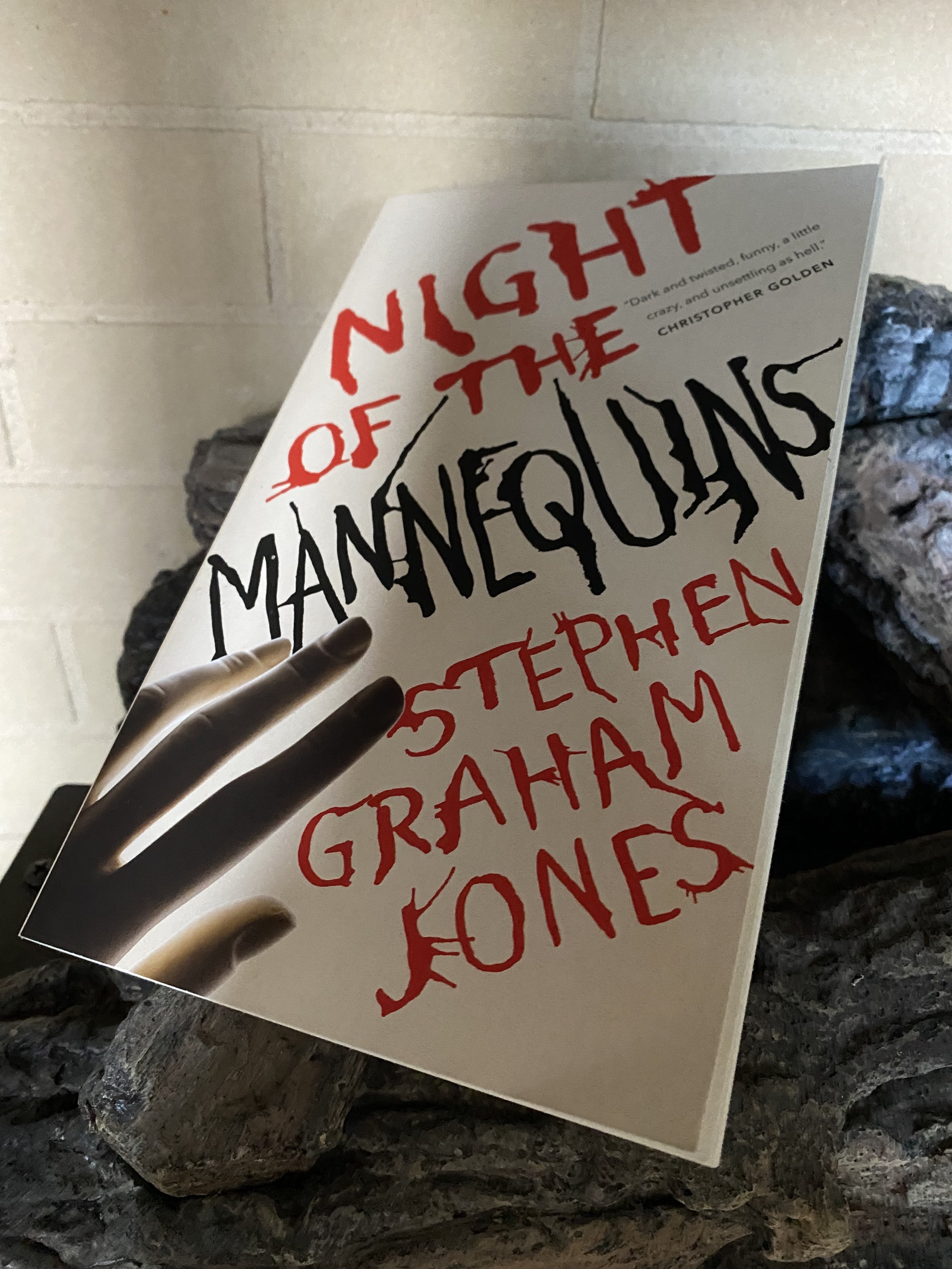5/5 stars
What's it about? In these four outstanding novellas, Edith Wharton hones in on the constraints of class within New York society of the mid-1800s.
How’d I find it? It’s no secret that I love a pocket edition. I was browsing a neighborhood library book sale in Washington, DC, and this tiny Wharton collection in mint condition (no longer) had to come home with me.
Who will enjoy this book? This is Literature with a capital L. If you like the big names in short fiction, these novellas will charm you. This is also a great book for fellow Austenites looking for a cunning period read. Wharton delivers.
What stood out? I may not have enjoyed Ethan Frome, but this book is a real winner. Each story is unique — a young man is entrusted with his family’s legacy in “False Dawn,” while “New Year’s Day” plays with the trope of a woman scorned — which makes the collection extra engrossing. The ending of “Old Maid” came out of nowhere and instantly put me in tears.
Which line made me feel something? From “The Spark,” in which a certain Civil War poet makes an appearance: “Those four years had apparently filled to the brim every crevice of his being. For I could not hold that he had gone through them unawares, as some famous figures, puppets of fate, have been tossed from heights to depths of human experience without once knowing what was happening to them—forfeiting a crown by the insistence on some prescribed ceremonial, or by carrying on their flight a certain monumental dressing-case.”






